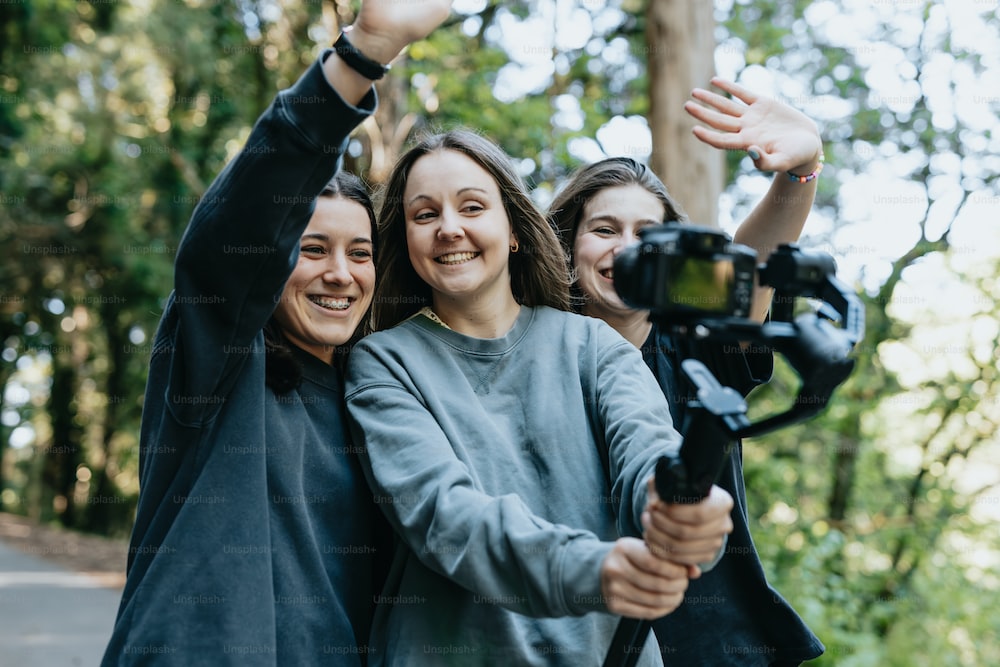
Creators: Shaping the Entertainment Industry
The landscape of the entertainment industry has undergone a radical transformation with the integration of social media platforms. The power of social media has allowed creators to redefine how content is produced, consumed, and shared. In this blog, we’ll explore the profound impact of social media on the entertainment sector, focusing on how creators are wielding their influence to shape the industry’s future.
How creators are wielding influence in the entertainment industry
The Rise of Creator Culture
Creator culture has emerged as a dominant force in the entertainment world. These individuals, often with substantial followings on platforms like Instagram, YouTube, and TikTok, have bridged the gap between traditional media and the digital realm. With their authenticity and relatability, influencers engage audiences in ways that traditional celebrities sometimes struggle to achieve. The success of influencers like PewDiePie, James Charles, and Lilly Singh showcases the power of this new wave of entertainment.
Direct Audience Engagement
Social media provides a unique platform for creators to connect directly with their audience. Through live streams, Q&A sessions, and behind-the-scenes glimpses, creators foster a sense of community and intimacy with their fans. This direct interaction not only strengthens fan loyalty but also offers creators insights into their audience’s preferences and opinions, influencing their content choices.
The Democratisation of Content Creation
Social media’s democratising effect has made it possible for emerging talent to gain visibility without the backing of major production houses. Platforms like YouTube have enabled individuals to showcase their creativity and build a fanbase, sometimes rivalling the popularity of established entertainers. Success stories like Justin Bieber’s discovery through YouTube and Lil Nas X’s rise on TikTok highlight the impact of social media on democratizing the entertainment landscape.
Changing Promotion and Marketing
The traditional advertising model has been disrupted by influencer marketing. Brands now collaborate with influencers to promote products, movies, TV shows, and music in a more authentic and relatable manner. The trust and connection influencers have with their audience make promotional campaigns feel like recommendations from a friend. Thus, driving higher engagement and conversions.
Breaking Boundaries with Creativity
Creators are using social media as a canvas to experiment with unconventional content formats. Short-form videos, interactive stories, and user-generated challenges have captured the audience’s attention and pushed the boundaries of what entertainment can be. Creators like David Dobrik, who specializes in creating short, attention-grabbing videos, have garnered massive followings by embracing these new formats.
Impact on Traditional Media
The influence of social media extends beyond individual creators; it challenges the traditional media landscape. Also, with the democratisation of content creation, social media influencers have become a legitimate competition to established media outlets. Additionally, this has forced traditional media companies to adapt by collaborating with influencers. Thus, embracing new content formats, and diversifying their distribution strategies.
Monetisation and Business Ventures
Social media platforms offer creators multiple avenues for monetisation. Also, aside from brand partnerships, creators can earn through ad revenue, merchandise sales, subscription models, and crowdfunding. Additionally, many creators have transformed their online presence into successful businesses. Thus, building personal brands that extend beyond social media.
Criticism and Ethical Considerations
While social media’s impact is undeniably positive, it’s not without its challenges. Also, the prevalence of sponsored content, fake engagement, and privacy concerns has raised ethical questions. So, striking a balance between creative expression and commercial interests while maintaining authenticity remains an ongoing concern within the industry.
The Future of Entertainment
As technology continues to evolve, so does the entertainment industry’s landscape. So, virtual reality, augmented reality, and interactive experiences are poised to further blur the lines between creator and consumer. Moreover, creators are expected to explore these new frontiers, offering audiences immersive experiences that redefine entertainment.
Conclusion
Social media’s influence on the entertainment industry is transformative, with creators at the forefront of this revolution. They have leveraged the accessibility, interactivity, and authenticity of social media to shape the industry’s future. As the boundaries between traditional media and online platforms dissolve, creators will continue to wield their influence. Thus, driving innovation, and redefining entertainment in the digital age. The journey is ongoing, and the horizon holds infinite possibilities for creators and audiences alike.
